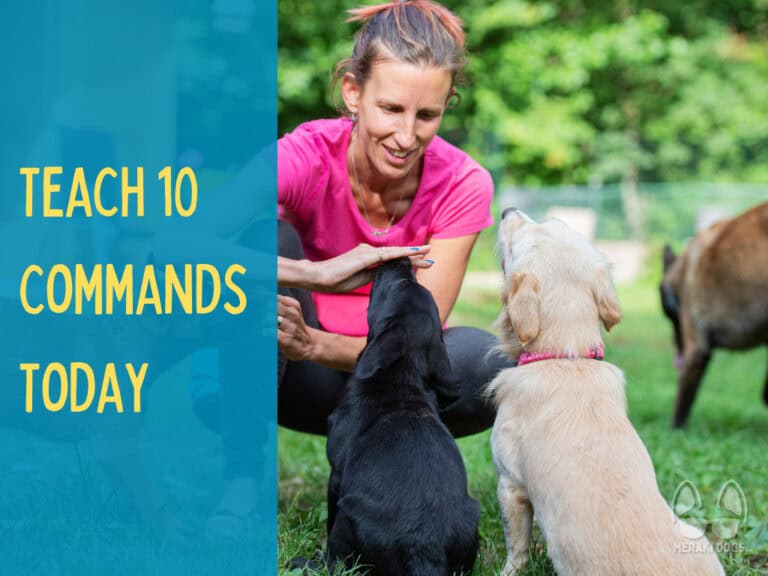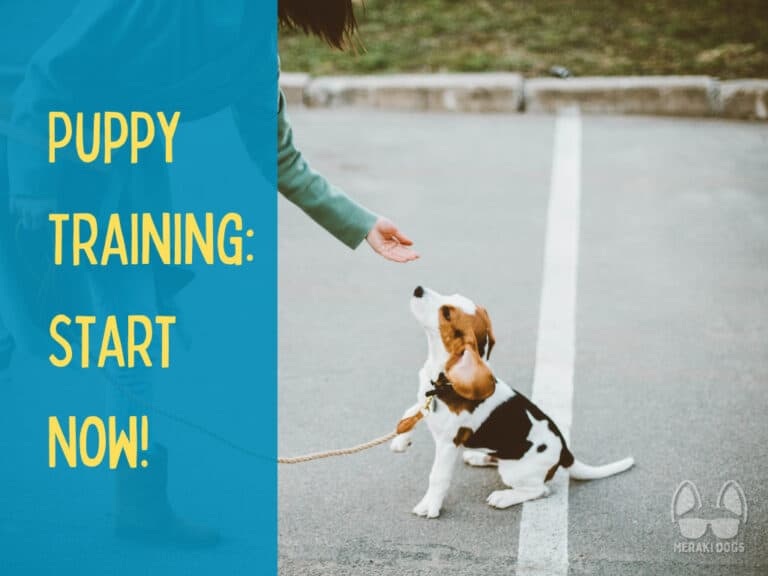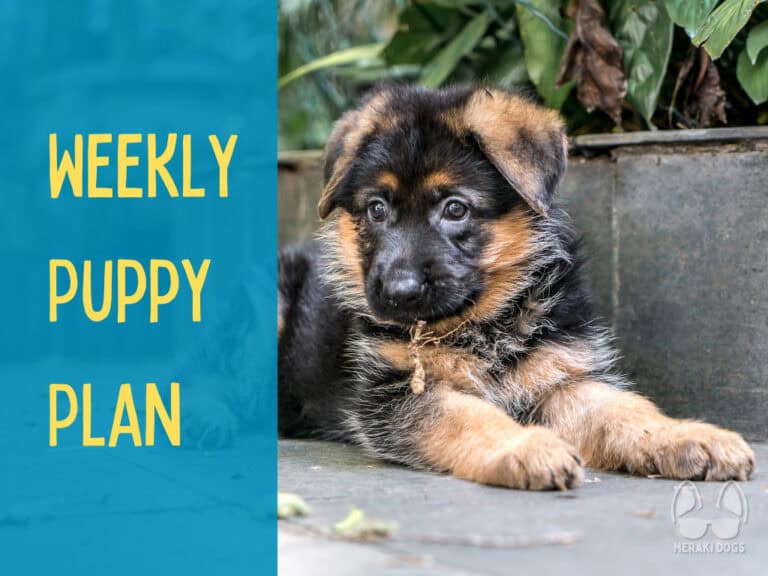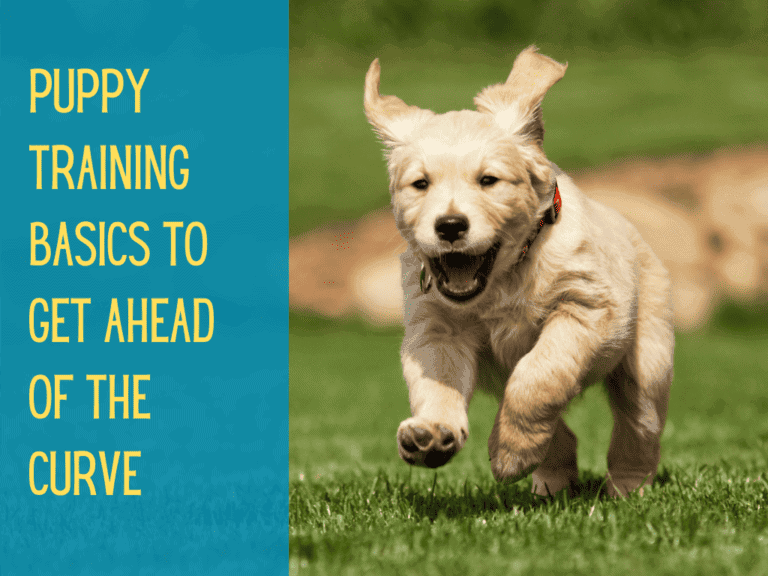How to Stop Puppy Biting: 5 Key Tips

Puppy biting is a common issue that many new dog owners face. While it is a natural part of a puppy’s development, it can become problematic if not addressed properly. This post aims to provide effective strategies to stop puppy biting and ensure your puppy grows into a well-behaved adult dog.
Key Takeaways:
- Understand why puppies bite.
- Learn effective methods to stop biting behavior.
- Implement consistent training and reinforcement.
Why Do Puppies Bite?
Puppies bite for several reasons, and it’s essential to understand these motivations to address the behavior effectively.
- Natural Behavior and Part of Development: Biting is a normal part of a puppy’s development. It’s how they explore their environment, much like human babies use their mouths to explore objects. Puppies use their mouths to investigate textures, tastes, and objects around them.
- Teething and Exploring the World: Teething is a significant reason for biting. As puppies grow, they experience discomfort as their teeth come in. Chewing and biting help relieve the pain associated with teething. Additionally, biting is a way for puppies to learn about their surroundings and how to interact with the world.
When Is Biting a Problem?
While some biting is normal, it’s crucial to distinguish between acceptable play biting and problematic biting that needs intervention.
- Differentiating Between Normal Play Biting and Problematic Biting: Normal play biting is gentle and doesn’t cause harm. Puppies often bite each other during play, and this is a part of their socialization process. Problematic biting, on the other hand, can be more intense and persistent, leading to injuries or becoming a habit that continues into adulthood.
- Importance of Addressing Biting Early: Addressing biting behavior early is essential to prevent it from becoming a more serious issue. Early intervention helps set boundaries and teaches the puppy what is and isn’t acceptable behavior. This not only ensures the safety of people and other pets but also contributes to the puppy’s overall social development.
By understanding the underlying reasons for puppy biting and recognizing when it becomes problematic, you can take appropriate steps to manage and correct the behavior. This foundational knowledge is the first step in successfully stopping puppy biting.
5 Tips to Stop Puppy Biting

Tip 1: Redirect to Appropriate Chew Toys
Providing your puppy with appropriate chew toys helps satisfy their natural urge to chew and keeps them from biting inappropriate items or people.
- Importance of Providing Alternatives: Puppies need to chew, especially during teething. Offering appropriate chew toys helps satisfy this natural urge without encouraging biting behavior.
- Types of Chew Toys and How to Introduce Them: Choose durable, puppy-safe chew toys. Introduce them by making the toys enticing with treats or engaging in play to draw your puppy’s attention to the toys instead of your hands or furniture.

Tip 2: Teach Bite Inhibition
Teaching bite inhibition involves helping your puppy learn to control the force of their bites, ensuring they bite gently if they do bite.
- Techniques to Help Puppies Learn to Control the Force of Their Bites: Bite inhibition is about teaching your puppy to control the strength of their bite.
- Step-by-Step Instructions on Yelping and Withdrawing Attention:
- When your puppy bites too hard, make a high-pitched yelping sound to mimic a hurt puppy.
- Immediately withdraw your attention by turning away or stopping play.
- Resume play once your puppy has calmed down. Repeat this consistently to teach them that biting ends the fun.
Tip 3: Consistent Responses
Consistency in your responses to biting behavior is important. Mixed signals can confuse your puppy and make training less effective.
- How to Consistently Respond to Biting Behavior: Always respond to biting in the same way. If one person yelps and another person laughs or ignores the bite, it sends mixed signals.
- Avoiding Mixed Signals and Reinforcing Gentle Play: Ensure everyone in the household follows the same approach. Reinforce gentle play by praising and rewarding your puppy when they play without biting.

Tip 4: Socialization and Playtime
Socialization plays a significant role in reducing biting. Through interactions with other puppies and dogs, your puppy can learn proper behavior and bite inhibition.
- Role of Socialization in Reducing Biting: Socializing your puppy with other dogs and people can help reduce biting. Puppies learn a lot about bite inhibition from playing with other dogs.
- Tips for Safe Play with Other Puppies and Dogs: Supervise interactions with other dogs to ensure they are positive. Arrange playdates with well-behaved, vaccinated dogs to help your puppy learn appropriate play behavior.
- Avoid Dog Parks: Never take your dog to a dog park—even in adulthood! Pet professionals often joke that dog parks are a “doggy fight club” for a reason.

Tip 5: Managing Teething Pain
Managing your puppy’s teething pain can help reduce biting. Providing appropriate items to chew on can soothe their discomfort.
- Tips for Soothing Teething Discomfort: Offer frozen chew toys or wet washcloths to numb the gums and reduce teething pain.
- Safe Items for Puppies to Chew On: Provide a variety of safe chew toys designed for teething puppies. Rotate toys to keep your puppy interested.

Troubleshooting Common Problems
Puppy Bites During Playtime
When your puppy gets overly excited during play, they might start biting. Calming them down can help prevent this behavior from becoming a habit.
If your puppy starts biting during play and won’t redirect to a toy or food, immediately stop the play session. Wait until they calm down before resuming play. Use toys to redirect their energy and prevent biting.
Puppy Bites Hands and Feet
Puppies often target hands and feet during play, which can be painful and problematic.
- Specific Techniques for Addressing Hand and Foot Biting: When your puppy bites your hands or feet, redirect them to a toy. Consistently reward them for chewing on toys instead of hands or feet. I love to use a flirt pole, as these give you the ability to quiet your body and make the toy more enticing.
- Importance of Teaching Boundaries: Reinforce that hands and feet are not for biting.
Persistent Biting Issues
If your puppy continues to bite despite your efforts, it may be time to seek additional help. Persistent biting can indicate deeper behavioral issues.
- When to Seek Professional Help: If your puppy’s biting does not improve with consistent training and positive reinforcement, consider consulting a professional dog trainer or behaviorist. They can provide personalized strategies to address the issue.
- Signs That Biting Behavior Might Require Additional Attention: Watch for signs of aggression, fear, or anxiety that accompany biting. These behaviors might need more specialized intervention to resolve.

Tips for Long-Term Success
Consistency is Key
Maintaining consistent training and responses ensures your puppy learns what is expected of them. Involving everyone in the household helps reinforce this consistency.
- Maintaining Consistent Training and Responses: Regular practice and clear expectations help your puppy understand and remember the rules.
- Involving All Household Members in the Training Process: Make sure everyone follows the same training techniques and responses to biting. This unified approach prevents confusion for your puppy.
Patience and Persistence
Stopping biting behavior takes time and effort. Stay patient and persistent to see long-term success.
- Stopping Biting Takes Time: Behavior changes do not happen overnight. Be prepared for gradual progress.
- Stay Patient and Persistent: Keep working with your puppy, celebrating small victories along the way. Your dedication will pay off in the long run.
Conclusion
Puppy biting is a natural part of development, but it needs to be managed properly. By understanding why puppies bite and following these steps, you can teach your puppy to stop biting and develop good behavior. Stay consistent, patient, and positive throughout the training process.
For more tips and personalized guidance, sign up for our newsletter and join the waiting list for our upcoming dog training course.






